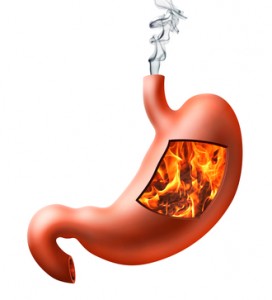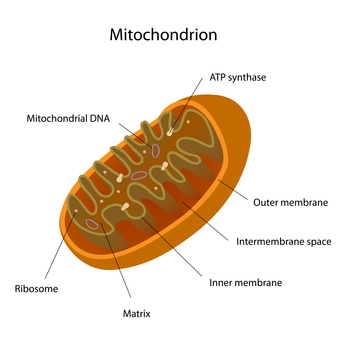
Find out how to reduce healthcare costs by investing in a healthy lifestyle here. True, it costs more money up front, but as Benjamin Franklin is famously quoted as saying “A stitch in time saves nine.”
One of the best ways to create health is to eat organic foods. Pesticides used in non-organic foods have been linked time and again to diseases and disorders ranging from cancer to Parkinson’s to autism and ADHD.
Yes, organic foods cost more, but consider that the typical American family pays less than half of what other cultures do because so many of our unhealthy crops are subsidized (sugar, corn, wheat, soy, canola, etc.).
Joel Salatin, founder of Polyface Farms and author of “Folks, This Ain’t Normal: A Farmer’s Advice for Happier Hens, Healthier People and a Better World“, says “If you think the price of organic food is expensive, have you priced cancer lately?”
Another way to create health is to eat fresh-as-possible foods. Americans typically eat far more processed foods loaded with these subsidized crops than other cultures do.
Take a look at this Time photo-essay to see that most other cultures eat far more fresh food and less processed food than Americans do. Many times, processed foods contain preservatives, trans fats, sugar, artificial colors, antibiotics, growth hormones and, sometimes, even carcinogens. No wonder Americans have such high healthcare expenses!
Do you think what you eat can have an impact on your health? I know it does from both my personal and professional experience.
 My husband bought me a copy of Gwyneth Paltrow’s cookbook, “
My husband bought me a copy of Gwyneth Paltrow’s cookbook, “ Let me tell you a true story about how I got migraine relief from ginger and cayenne!
Let me tell you a true story about how I got migraine relief from ginger and cayenne! Nutritional deficiencies are rampant. I believe many people are falsely lulled into a sense of security by RDA (recommended daily allowances) listings on food and nutrients.
Nutritional deficiencies are rampant. I believe many people are falsely lulled into a sense of security by RDA (recommended daily allowances) listings on food and nutrients. It’s spring (finally!), and I’m craving fresh vegetables. I kid you not: once you eat a cleaner diet, you like the way it makes you feel.
It’s spring (finally!), and I’m craving fresh vegetables. I kid you not: once you eat a cleaner diet, you like the way it makes you feel. Believe it or not, acid reflux medication dangers are real, and these medications do major harm to your body. Shocking, right?
Believe it or not, acid reflux medication dangers are real, and these medications do major harm to your body. Shocking, right? My sons have had eczema their whole lives. It has ranged from cradle cap (did you know that was a form of eczema?) to itchy bumps in the creases of the knees and elbows to full-blown bloody red rashes on the arms and legs.
My sons have had eczema their whole lives. It has ranged from cradle cap (did you know that was a form of eczema?) to itchy bumps in the creases of the knees and elbows to full-blown bloody red rashes on the arms and legs. “Failure to thrive” is when your child’s weight percentile falls to the 3rd percentile or below or when it crosses 2 or more major percentile curves. When either of these (or both, as in the case of my older son) happens, it’s an indication that the child is not growing as he or she should be.
“Failure to thrive” is when your child’s weight percentile falls to the 3rd percentile or below or when it crosses 2 or more major percentile curves. When either of these (or both, as in the case of my older son) happens, it’s an indication that the child is not growing as he or she should be. Because of my son’s failure to thrive, our pediatrician sent us to see
Because of my son’s failure to thrive, our pediatrician sent us to see  A deficiency of vitamin D has now been linked to yet another chronic condition:
A deficiency of vitamin D has now been linked to yet another chronic condition: 

